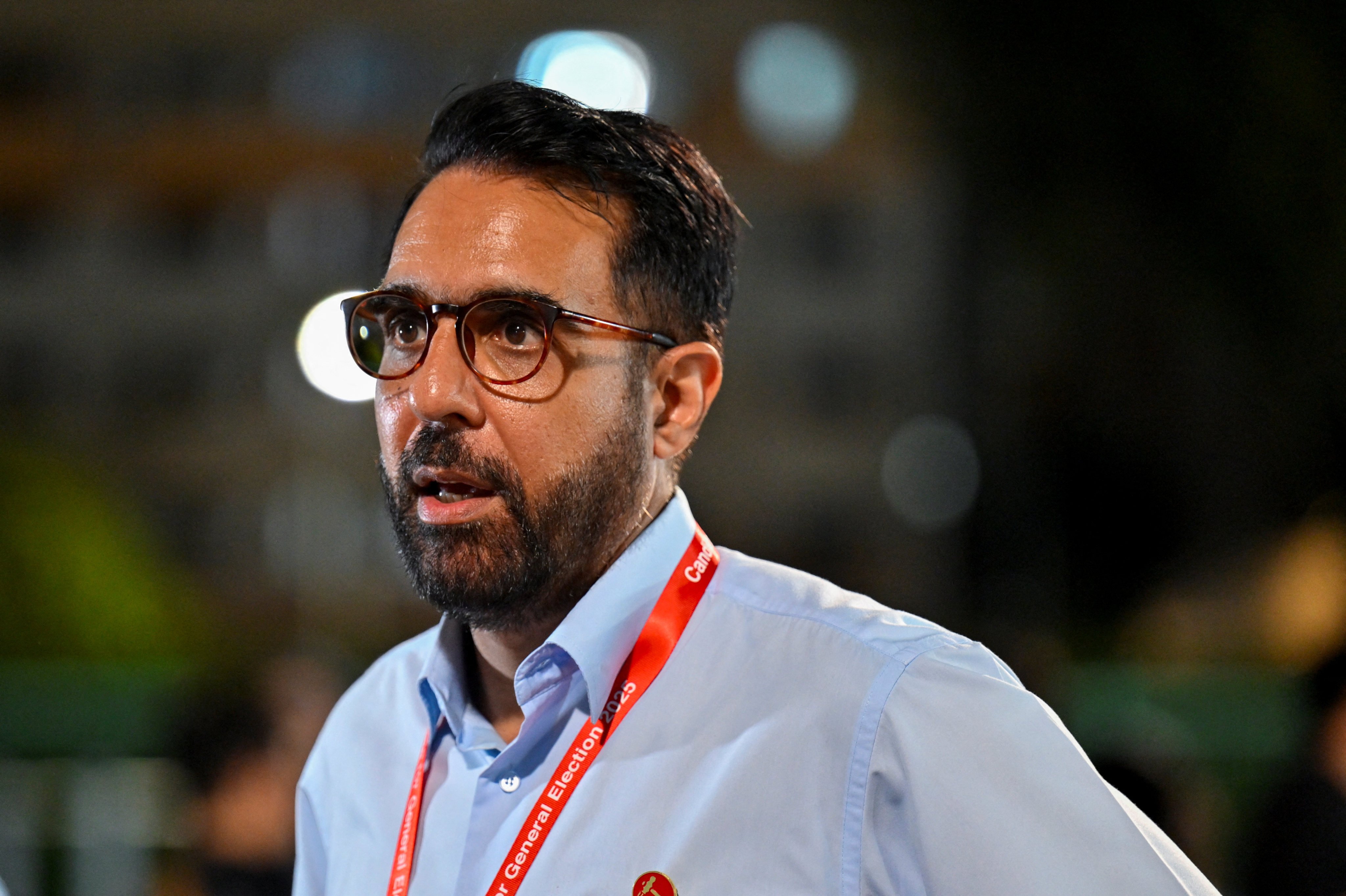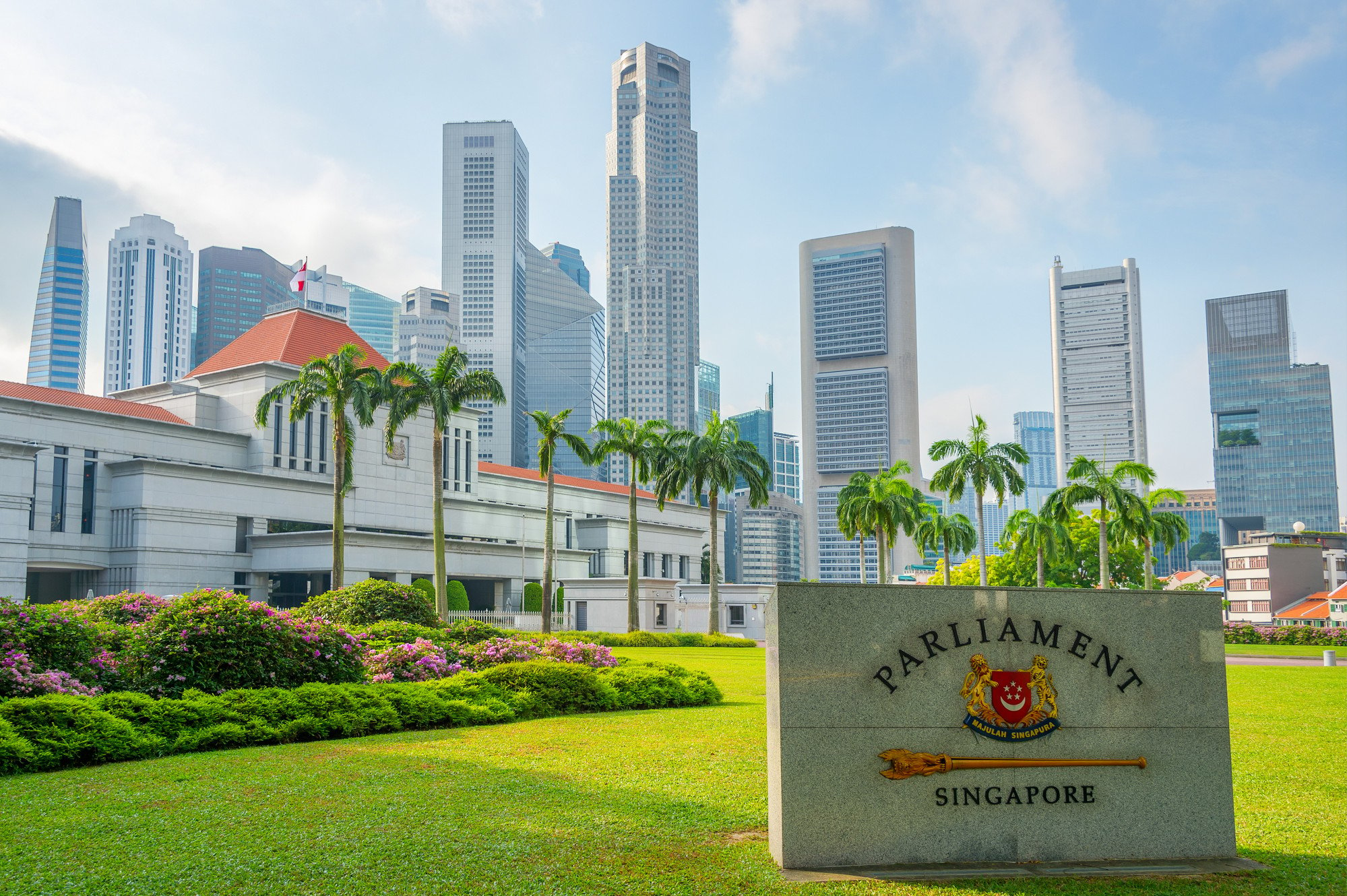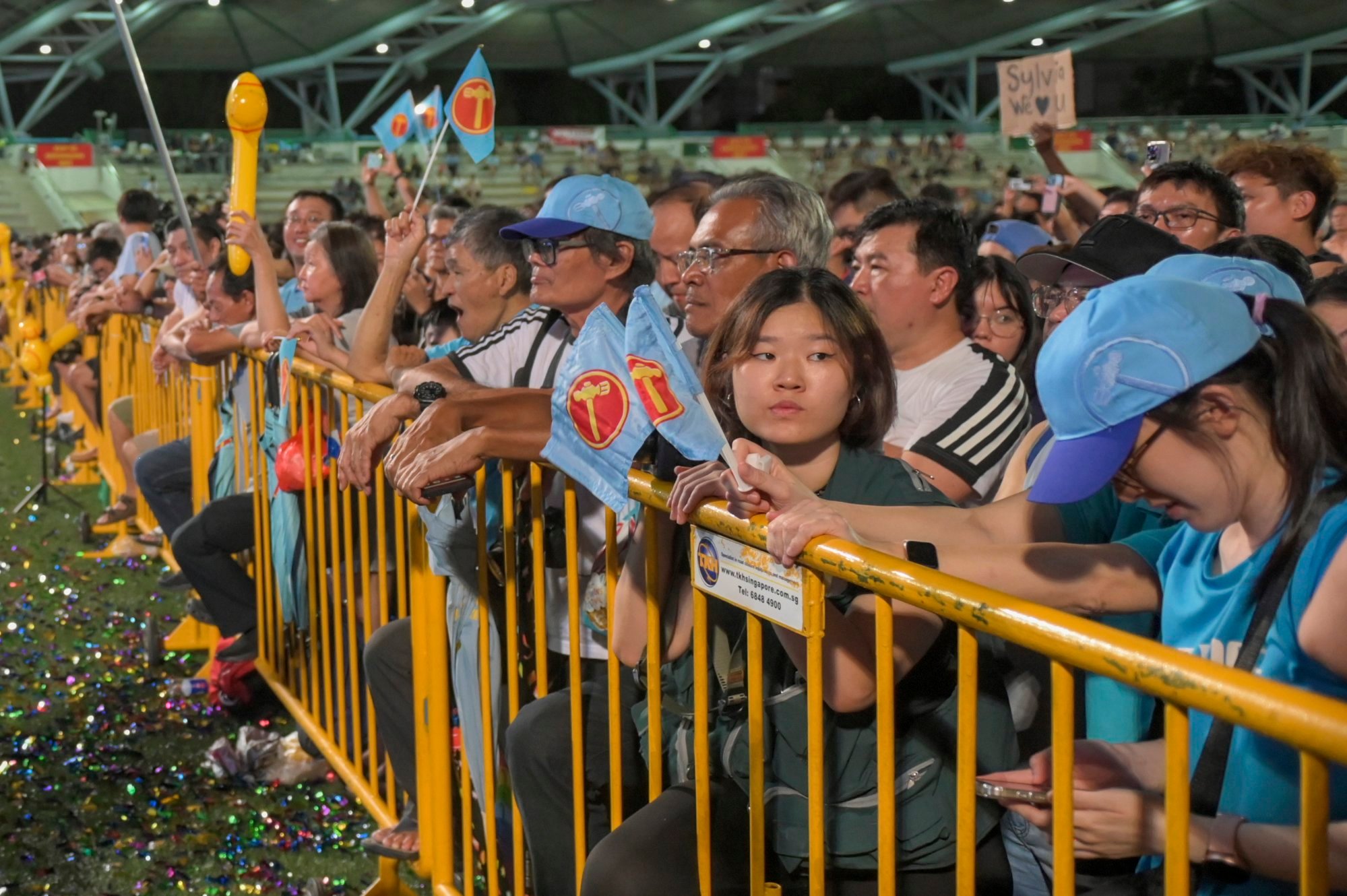Is Singapore’s parliament tame? WP’s Pritam Singh says it’s just ‘pragmatic’
In a radio interview, the Workers’ Party chief argues that MPs are serious about issues and not debating for political effect

Singapore’s parliamentary debates may lack the fireworks seen in other legislatures, but that reflects the city state’s pragmatic culture, according to opposition leader Pritam Singh.
In his first-ever radio interview, the Workers’ Party (WP) chief said the tone of debate mirrored the national character – serious, results-oriented and not prone to theatrics.
“When you come in from that perspective, you’re really not there to throw things around, but you want to see certain outcomes,” Singh said on Monday during an appearance on Kiss92’s morning show.
“Like society, we’re all quite pragmatic, so we want the thing to work … and part of making the thing work is to make sure that you have a real debate in terms of real issues being brought up, and there being an exchange.”
Singh was responding to co-hosts Glenn Ong and Angelique Teo, who noted that parliamentary sessions in Britain and Taiwan were often rowdy and contrasted that with Singapore’s more subdued proceedings.
Ong also recalled spirited debates in earlier decades between founding prime minister Lee Kuan Yew and opposition stalwarts such as J.B. Jeyaretnam and Chiam See Tong, asking Singh whether he felt parliament had “lost a little bit of that”.
Singh, who has served as a member of parliament since 2011, pushed back on the idea that modern debate had become dull, arguing instead that elected representatives today were serious about issues and not simply performing for political effect.

The opposition leader’s radio debut comes after he was criticised by the ruling People’s Action Party for appearing on former Malaysian health minister Khairy Jamaluddin’s podcast “Keluar Sekejap” in June.
During the podcast, Singh addressed issues including his party’s electoral strategy and the intersection of race and religion in politics.
He also said that it would be “an act of foolishness” to advocate for himself as a prime minister in-waiting since Singaporeans were pragmatic and there was no desire for a change of government.
The PAP questioned Singh’s intention of going on the Malaysian podcast and choosing it as his first, saying that “politics should stop at the water’s edge”.
Khairy responded last week by saying that it was an “immature take” and that the PAP “needs to grow up”. He noted that he and co-host Shahril Hamdan, previously UMNO’s information chief, had both been interviewed by Singaporean media on Malaysia’s internal politics.
Unhandled type: inline-plus-widget {“type”:”inline-plus-widget”}
Singh quipped on Kiss92 on Monday that he had agreed to be on its radio show before “Keluar Sekejap”.
“If it means anything, before I did that infamous podcast in Malaysia, I actually said yes to the show,” he said, adding that it was unfortunate that this was the terrain he operated in.
Asked about his party’s result at the general election in May, Singh on Monday said he was hoping to “tip” one or two more constituencies.
The WP had been active in Marine Parade for years ahead of the election, but it decided not to run there after its electoral boundaries were redrawn, resulting in Singapore’s first walkover since the 2011 election.

Asked about how the redrawing of the boundaries affected his party’s strategy, Singh said that the party considered its long-term plans and decided to pivot. “When the playing board is reset, you’ve got to reset your strategy.”
“Ultimately, you’ve got only that many cards in your hand; only that many candidates who are prepared to fly the flag and we decided the strategy for the party was important,” he added, as he praised the volunteers who moved out of Marine Parade despite being long-term volunteers there.
The recent election saw PAP continue its dominance, with the party winning 65.57 per cent of the popular vote and 87 of the 97 seats on offer.
The WP retained its 10 parliamentary seats and came close in Tampines, where it garnered 47.37 per cent of the vote, and in Jalan Kayu, where it lost by some 800 votes.
“That just tells you that there’s still work to do, and so we go at it again. But I thought the [WP] candidates did incredibly well, and they tried their best and I was very encouraged by the number that came up and the number who were prepared to step up,” Singh said.
The PAP has governed uninterrupted since before Singapore’s independence in 1965. Its tenure is second only to Mexico’s Institutional Revolutionary Party, which governed from 1929 to 2000.